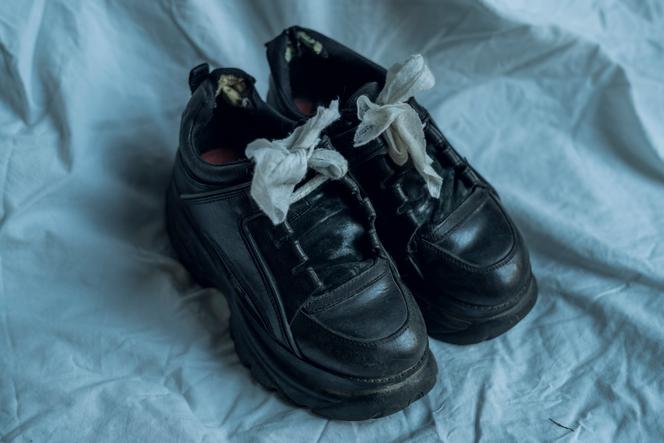


Under Vladimir Putin, Russia is tightening its grip on the country's opposition forces with every passing day. As a result, critics of the government are leaving the country in droves. Tatiana Kastouéva-Jean, Director of the Russia-Eurasia Center at the French Institute of International Relations and author of La Russie de Poutine en 100 Questions ("Putin's Russia in 100 questions," 2020), takes stock of the situation.
Let's start by clarifying what we mean by the Russian opposition. Some of its members call themselves dissidents rather than opponents. These critics of the Putin system are persecuted and their chances of coming to power one day are hampered. "Headliners" such as Mikhail Khodorkovsky, Garry Kasparov, Alexei Navalny's FBK anti-corruption fund team, and former MPs Gennady and Dmitry Gudkov, went into exile long before the war.
The former finances numerous projects and therefore enjoys particular authority, while FBK believes it is the most influential and legitimate opposing voice. Since February 24, 2022, these emigrants have seen the arrival in exile of human rights defenders, journalists, bloggers, lawyers, researchers and artists – all those whose free exercise of their profession has become impossible. Secondly, the partial mobilization of September 2022 caused young men who did not necessarily identify with the opposition to flee abroad.
Among this patchwork of Russian exiles, some are organizing themselves to continue working together despite being scattered all over the world. This is the case for some media outlets, which today mainly exist on the internet. Several European capitals, such as Vilnius and Riga, are home to large numbers of Russian opponents. This movement began before the war. Other capitals, such as Tbilisi and Yerevan, have mainly welcomed Russians since the announcement of partial mobilization.
Exchanges via social media are constant but do not prevent personal contact on the occasion, for example, of several major opposition meetings organized in Vilnius, Berlin and Brussels. With members of the Memorial human rights organization, which is banned in Russia, artists and feminist movements and Putin's opponents are numerous and active, even if we doubt their real capacity to bring about change in Russia.
You have 74.61% of this article left to read. The rest is for subscribers only.
